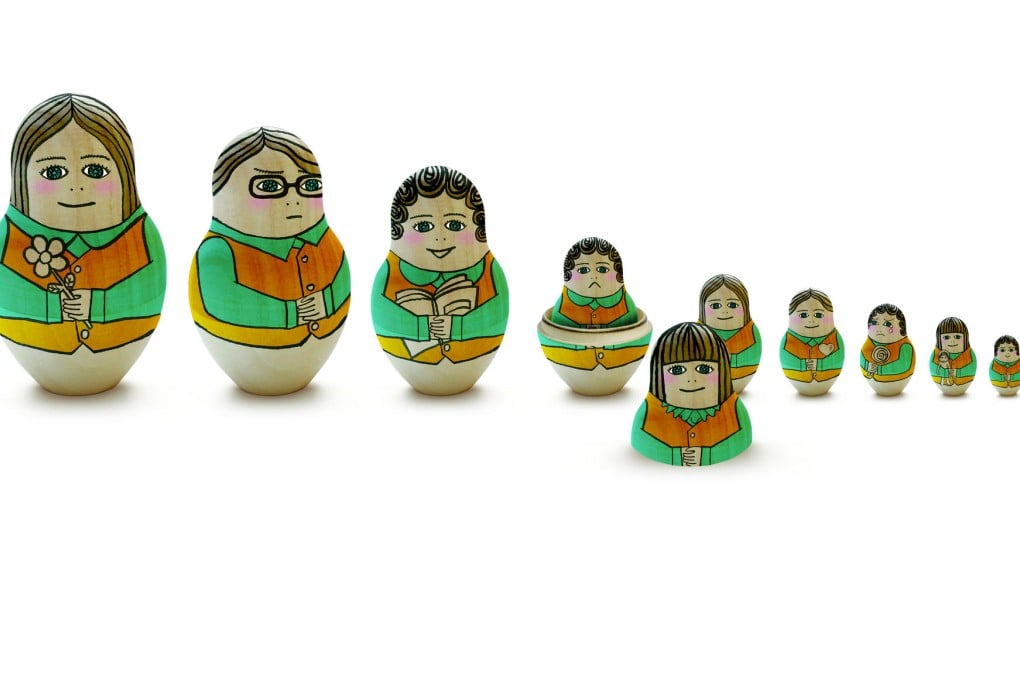Birth control
Whether we're destined to be overweight, rebellious - or even gay - may come down to the order in which we are born into our families, writes Lesley Evans Ogden

Psychiatrist Alfred Adler, a contemporary of Sigmund Freud, was convinced that our place among our siblings influences what he termed "style of life". Eldest children, he argued, are more likely to be neurotic and authoritarian as a result of younger siblings displacing them from their king-of-the-castle position and burdening them with extra responsibilities. Youngest children are spoiled and lack empathy; only middle children are even-tempered and successful, albeit more rebellious and independent, he asserted. Perhaps it was no coincidence that Adler himself was the second child of seven.
His thinking struck a chord. Interest in birth order and its possible consequences grew rapidly in the early 20th century, spawning a new field of research. In the 1980s, there was a backlash against the idea and most of the early studies have now been discredited. But in recent years, the pendulum has swung back, with compelling research revealing the importance of birth order in animals. Now there is mounting evidence that we, too, are influenced by our position in the family hierarchy. This appears to be linked with all manner of things, from body shape and intelligence to disease susceptibility and sexuality. The reason it has such far-reaching repercussions is also becoming clearer as we untangle the complex web of factors involved.
Historically, the inheritance of firstborns has often extended beyond their genes. Even before Adler came along, Charles Darwin's half-cousin, the eminent anthropologist, geographer and statistician Francis Galton, had claimed that it was exclusively firstborn males and only sons who went on to become renowned English scientists. It sounds like an outrageous generalisation but, in 1874, when his book English Men of Science: Their Nature and Nurture was published, there may well have been something to it. Back then, firstborn sons were often favoured when inheriting family wealth, giving them greater freedom to pursue the career or interests of their choosing.
In some families, even now, the firstborn may inherit the crown jewels or the family business - but, in general, cultural expectations based on family hierarchy are not as rigid as they once were. Nevertheless, Galton's work is highly relevant to modern researchers because of its emphasis on both "nature and nurture" - a phrase he coined. Distinguishing between biological and environmental factors is vital if we are to understand why someone's place among their siblings might affect his or her life chances. As a result, today's studies, unlike many in Adler's time, take account of factors such as socioeconomic status and family size. But what have they found?

One of the most striking discoveries to emerge from animal studies is that birth order can have life-or-death consequences. The same appears to be true in humans. A study of more than 600,000 people in Norway, by Hans Gravseth and colleagues at Oslo's National Institute of Occupational Health, found that the more older siblings someone had, the greater that individual's risk of committing suicide. The effect was more pronounced among women, although their suicide rate was one-quarter that of men.